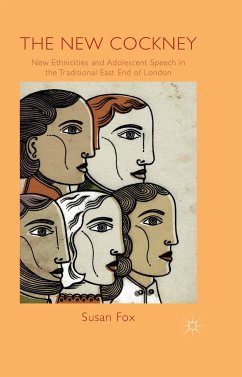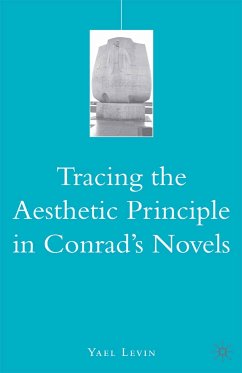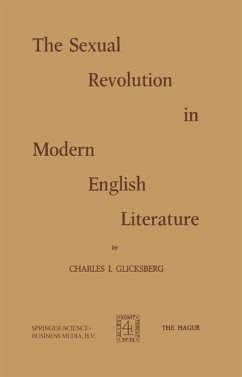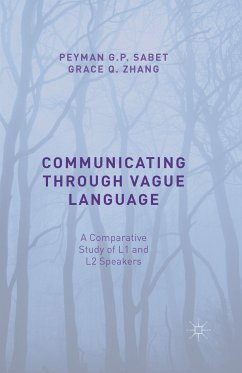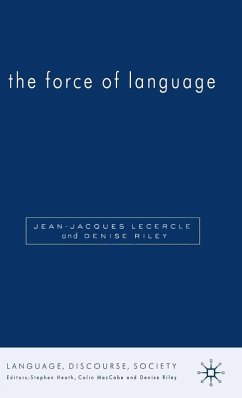
The Force of Language (eBook, PDF)
Versandkostenfrei!
Sofort per Download lieferbar
40,95 €
inkl. MwSt.
Weitere Ausgaben:

PAYBACK Punkte
20 °P sammeln!
The Force of Language illustrates how the philosophy of Language, if differently conceived, can directly incorporate questions of political thought and of emotionality, and offers the practical case of defensive strategies against the abusive speech. This follows a broad consideration of the inner voice or inner speech as a test case for a new approach to language, in particular as a way of radically rethinking the usual contrast between inner and outer through furnishing an account of how we internalize speech. The book's core offers a substantial critique of orthodox approaches to the philos...
The Force of Language illustrates how the philosophy of Language, if differently conceived, can directly incorporate questions of political thought and of emotionality, and offers the practical case of defensive strategies against the abusive speech. This follows a broad consideration of the inner voice or inner speech as a test case for a new approach to language, in particular as a way of radically rethinking the usual contrast between inner and outer through furnishing an account of how we internalize speech. The book's core offers a substantial critique of orthodox approaches to the philosophy of language form Chomsky and others; drawing on European political thought from Marx to Deleuze, it will move beyond this inheritance to explain and demonstrate its fresh conception of language at work.
Dieser Download kann aus rechtlichen Gründen nur mit Rechnungsadresse in A, B, BG, CY, CZ, D, DK, EW, E, FIN, F, GR, HR, H, IRL, I, LT, L, LR, M, NL, PL, P, R, S, SLO, SK ausgeliefert werden.



